
"We Made This!": a Video Documentary on the Journey and Difficulties of Children on the Move
We are proud to share with you the “We Made This!” video. The video was shown during the “The Need to Belong: Pathways Towards Durable Solutions” conference, which we held, together with the Scalabrini Center of Cape Town and the Commissioner for Children in the Western Cape, between the 25th and 27th September 2024.
"We Made This!": A Glimpse into the Lives of Young People on the Move from Alternative Care
In a world where home, family, and belonging are taken for granted by many, the stories of young people in alternative care shed light on a different reality. “We Made This!”, a video that captures the raw voices of youth who have recently left alternative care, offers an exploration of what it means to search for identity and a place to call home. Through reflections on friendship, resilience, and hope, children on the move highlight the challenges they face and their deep longing for freedom in a world that too often defines them by documents and borders. The voices in this video are both intimate and universal. They tell stories of leaving the only “home” they’ve known — alternative care facilities — and stepping into a world that often doesn’t recognize them. As we journey with these young people, we’re invited to look beyond the numbers and policies that typically frame discussions on migration and focus instead on the individuals themselves, with their dreams, struggles, and resilience.
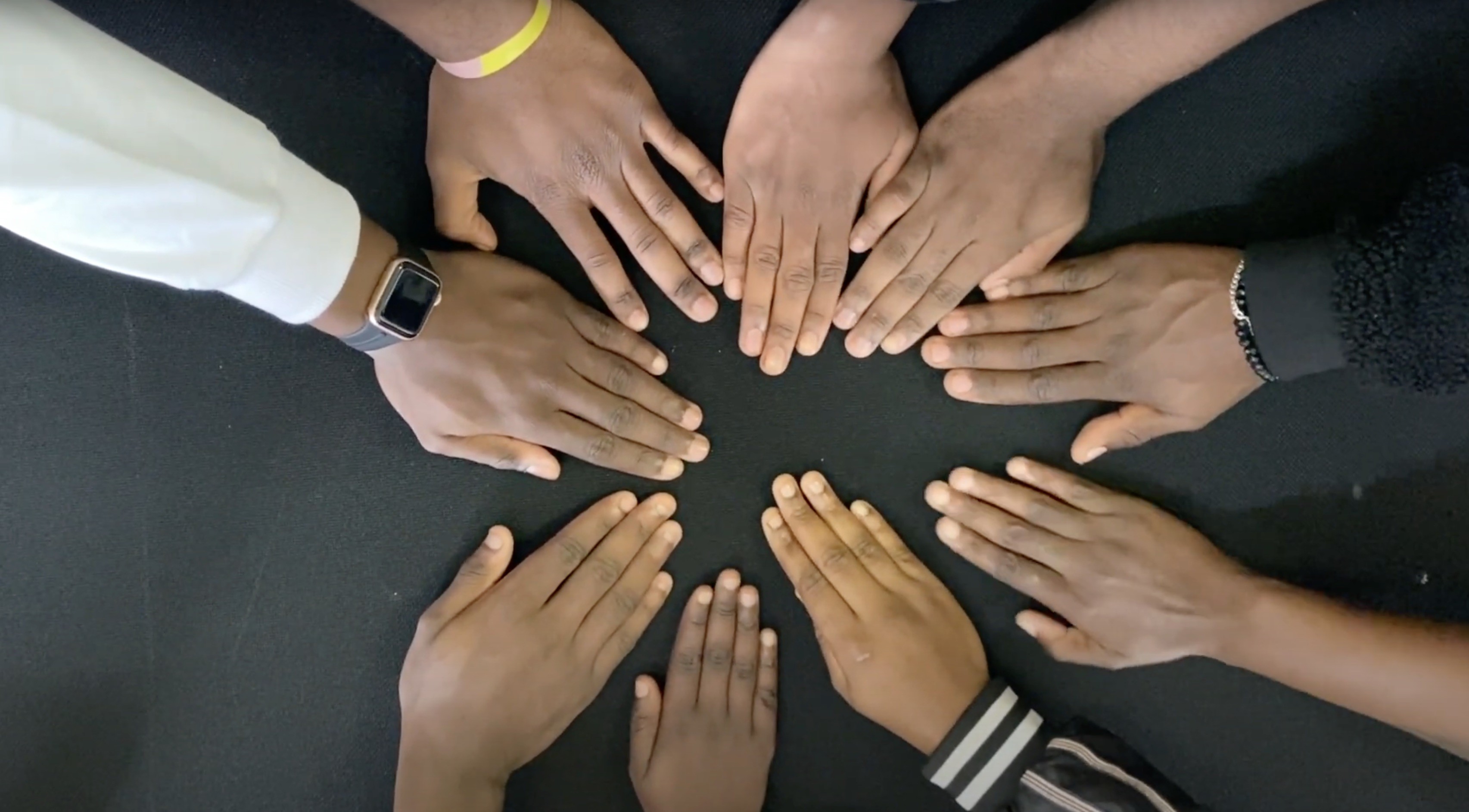
For example, we see a young person reflecting on their past and on what it means for them to belong. For them, "home" isn’t a place but rather an elusive feeling tied to memories, family, and a sense of recognition. This loss of a physical and emotional anchors leaves them questioning their identity. When they speak of their mother and their roots, there’s a palpable sense of searching — not just for a place, but for a sense of self that migration and the care system have disrupted. Young people in alternative care are often asked, “Where are you from?” and “Who are you?” by people who may not realize the weight of such questions. The video portrays how these questions drive a constant internal dialogue among these youth, reminding them of what they have lost and pushing them to reassemble their identities in the face of an uncertain future. This continuous quest for self-definition is not only a personal struggle but also a societal one, as it speaks to the complex intersections of identity, place, and belonging.
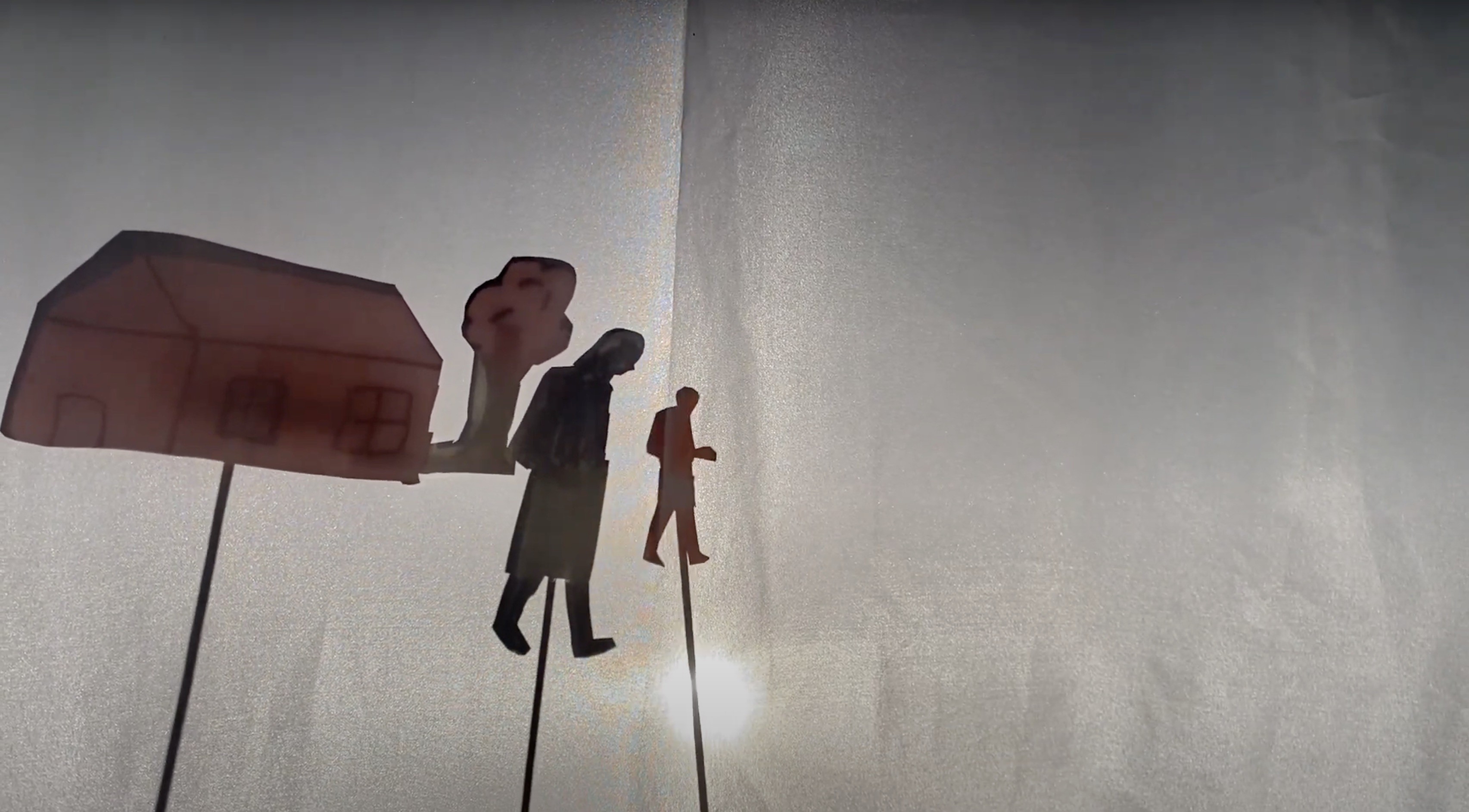
As they move through vulnerability and uncertainty, many young people find solace in friendship. The video highlights how meaningful connections provide a “light in the darkness.” In these friendships, they find understanding, compassion, and a shared experience of navigating life without the foundational support that many take for granted. Friendships in these settings are often more than social bonds. They’re survival mechanisms. With limited or no family support, friends become the emotional lifelines these young people cling to. In a world that questions their worth and identity, friendships affirm their humanity, offering hope and grounding them in moments of joy and laughter. These connections underscore the resilience and solidarity that are often born out of shared hardship, showing how friendship can create a sense of “home” when one feels far from it.
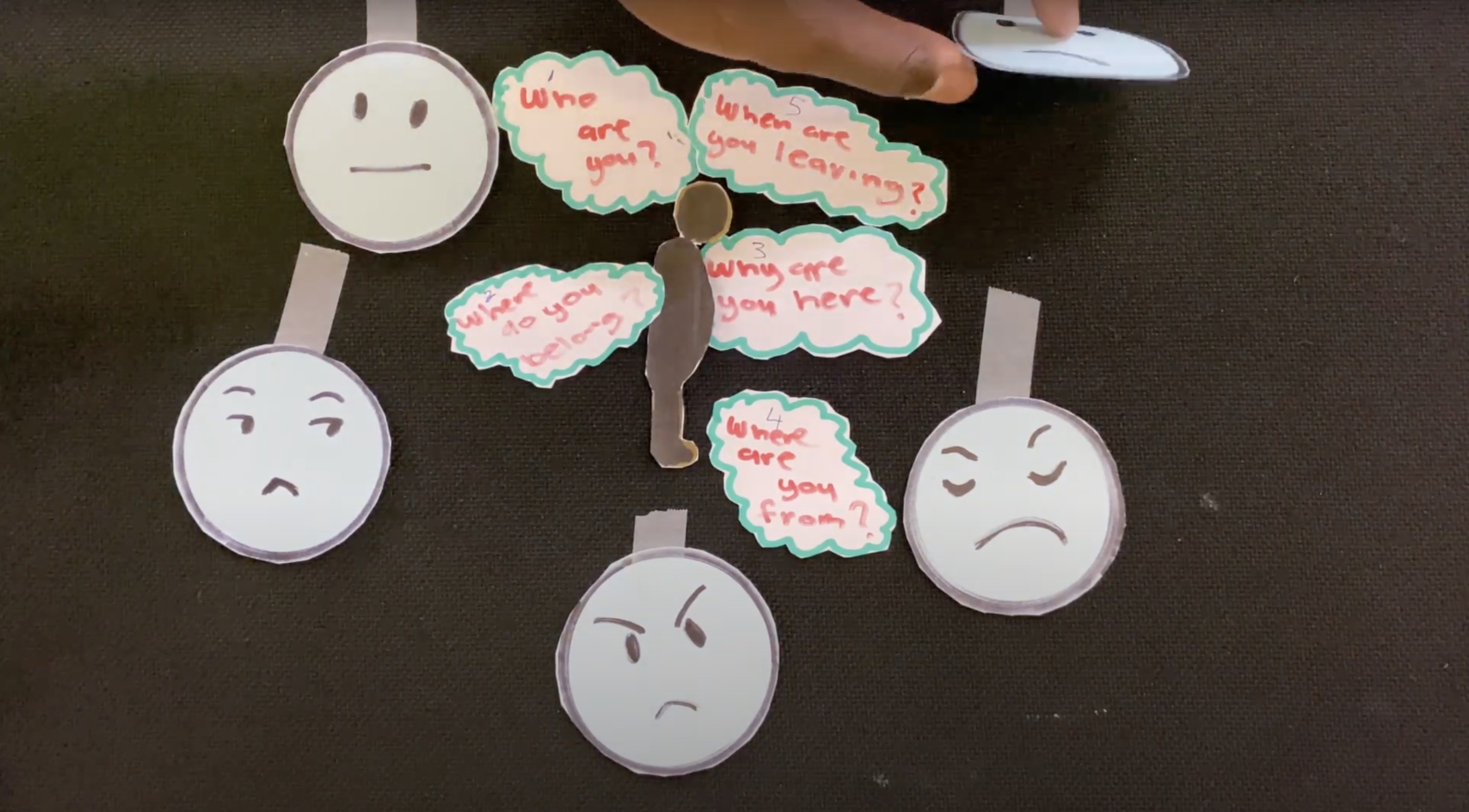
The Struggle of Children on the Move for Freedom and Documentation
In a system where a piece of paper can dictate your future, the lack of documentation becomes a prison. One young person remembers the frustration of trying to secure basic identification documents — a requirement for education, employment, and mobility. Without these, they are unable to progress, creating a cycle of dependency and limitation that denies them the freedom to build the lives they desire. This frustration is particularly striking because it highlights a fundamental barrier to independence. Young people leaving alternative care often find themselves at the mercy of bureaucratic systems that see them as numbers rather than as individuals. This bureaucratic entrapment doesn’t only limit their present but also stifles their future dreams, creating feelings of helplessness and entrapment. These young people long for a life without such restrictions, a sentiment symbolized by the recurring metaphor of being a “fish in the sea,” freely navigating without walls or borders.
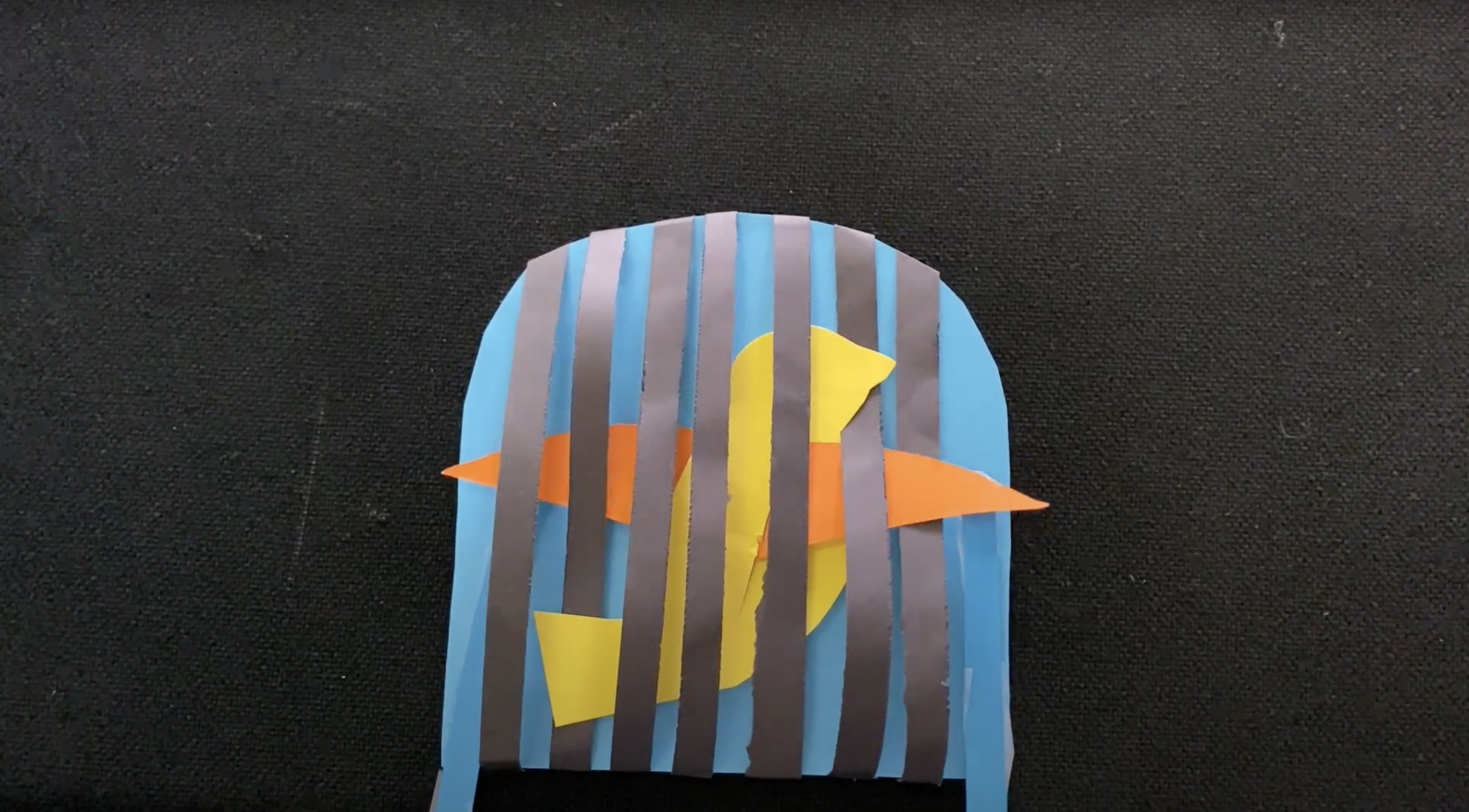
The story of being overlooked is a recurring theme in “We Made This!”. For many of these young people, leaving care doesn’t just mean physical displacement. It also means a kind of social invisibility. For example, a young person talks about feeling invisible in society’s eyes, lamenting the lack of acknowledgment from government bodies and society at large. This invisibility compounds their struggles, reinforcing a feeling of abandonment and exclusion from the very systems meant to protect and support them. Invisibility is a powerful barrier, as it denies these young people the recognition and support they need. When society fails to see them, it fails to address their needs, leaving them with the sense that they are slipping through the cracks. This lack of visibility is, in many ways, as painful as the lack of documentation, as it denies them the very humanity and dignity that others are afforded without question.
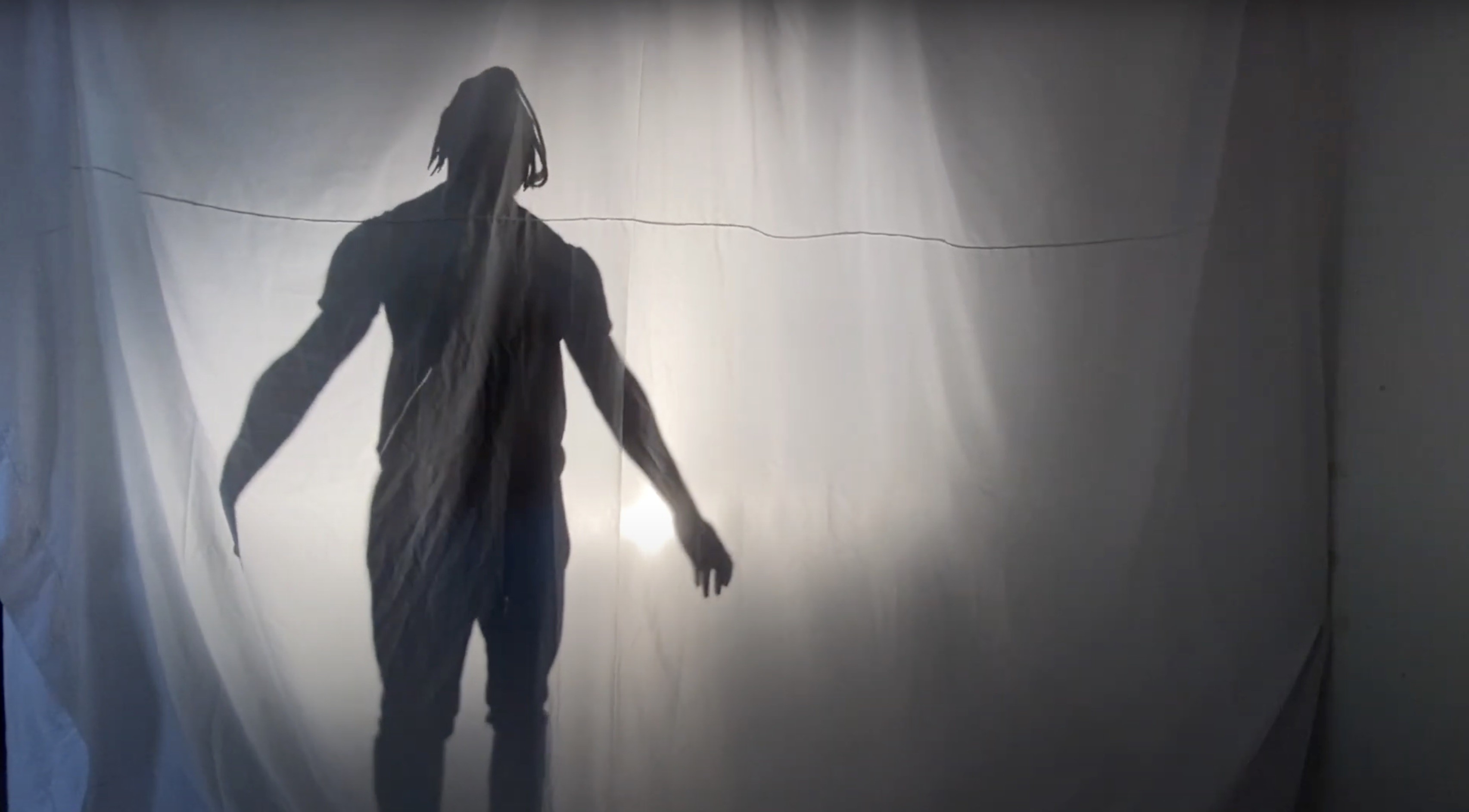
Resilience and Hope: Dreaming of a Life Without Borders
Despite the many challenges they face, the young people in “We Made This!” show remarkable resilience. In the face of an uncertain future and countless obstacles, they hold onto the hope for freedom and a world without borders where they can live without constant scrutiny and limitations. This hope is not a naive fantasy but a powerful testament to their spirit, their desire for agency, and their belief that a better world is possible. The metaphor of being a fish in the sea — a creature with the freedom to roam without constraints — captures this yearning. It speaks to a desire not just for physical movement, but for an emotional and psychological liberation from the constraints of bureaucracy, stigma, and societal expectations. These young people are not just surviving; they are envisioning a world where they are truly free, where their identity isn’t defined by documents or borders but by their humanity.
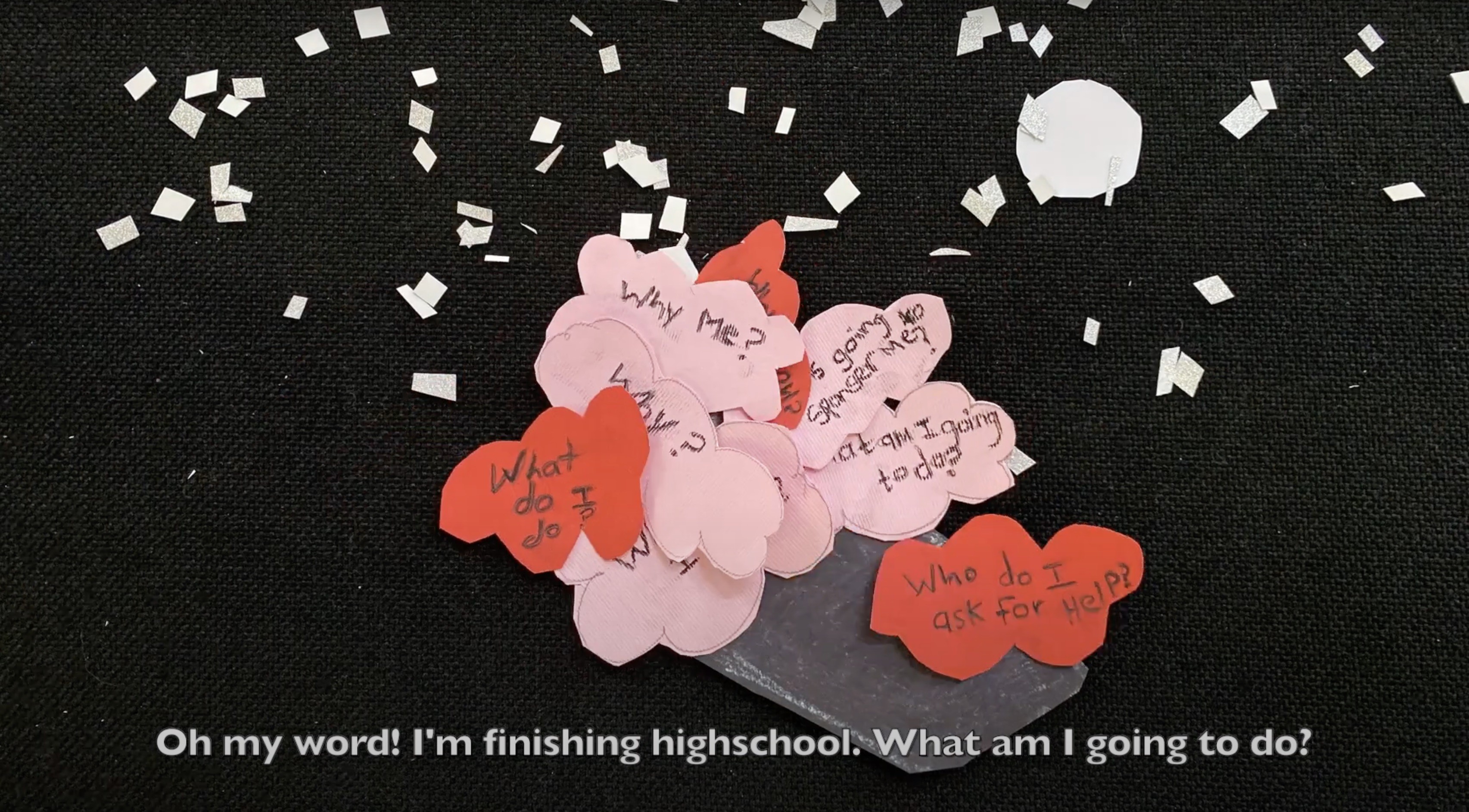
Through the experiences of these young people, “We Made This!” exposes the urgent need for systemic reform. The struggles they face — lack of documentation, restricted access to education, and social invisibility — are symptoms of deeper structural issues. For young people transitioning out of care, there is a pressing need for better support systems that can provide not only the material resources they need but also the emotional and social frameworks to help them thrive. Policymakers and society alike have a responsibility to ensure that youth in alternative care have access to the same opportunities and freedoms as their peers. This means revisiting policies around documentation, expanding access to education and employment, and fostering a more inclusive society that recognizes and values the contributions of all its members, regardless of their background or circumstances.
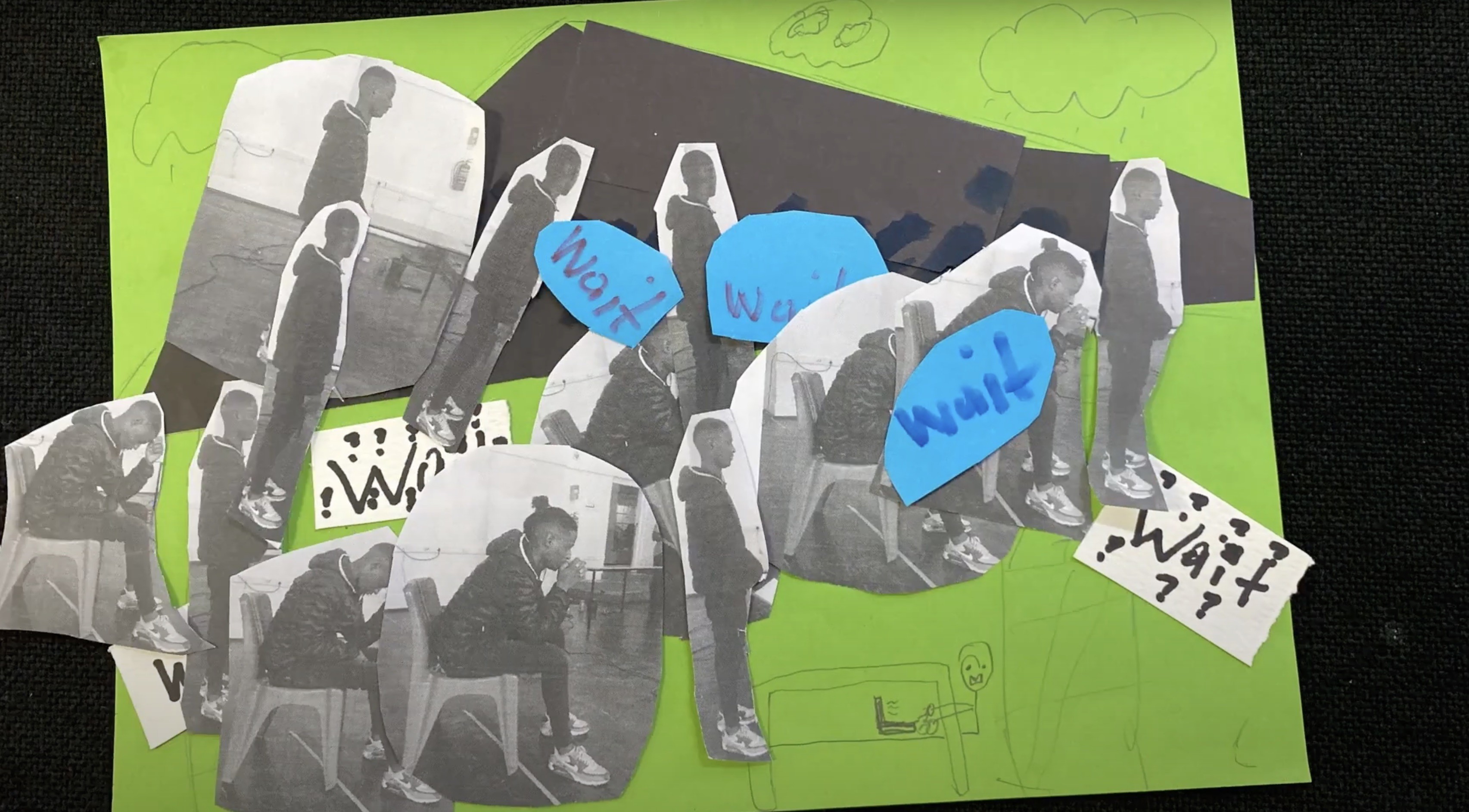
Categories:
- Articles
- Children On The Move
- Migrants
- Migration In Africa
- Migration Policies
- Research
- Research Project
- SCCT
- SIHMA
- Vulnerable Minors
- Youth Migration
Tags:

